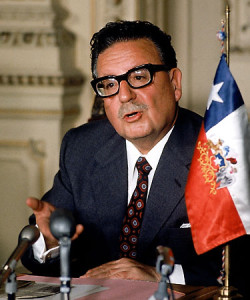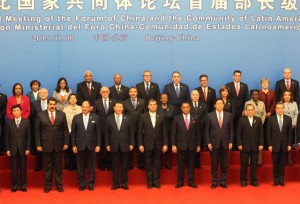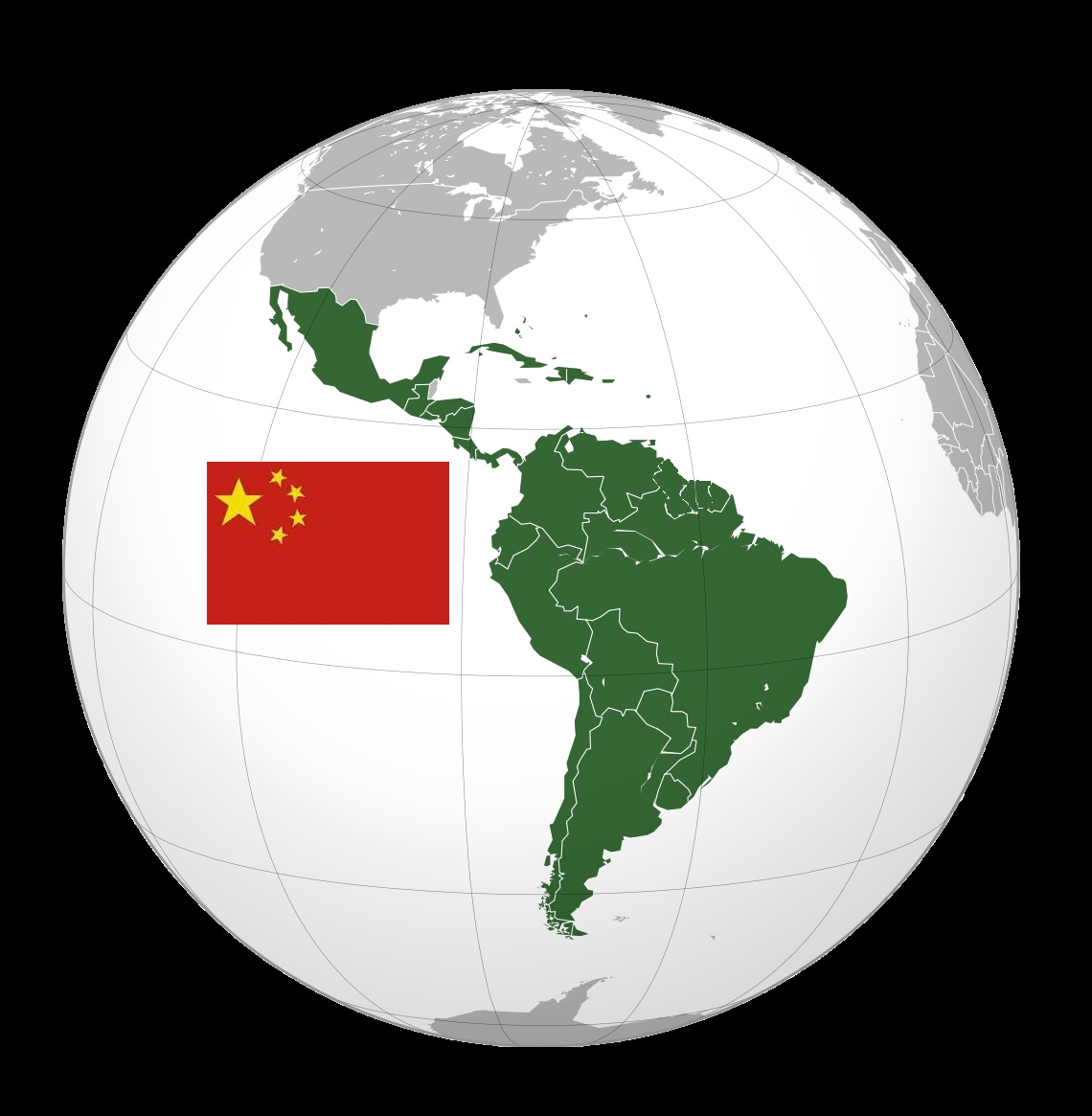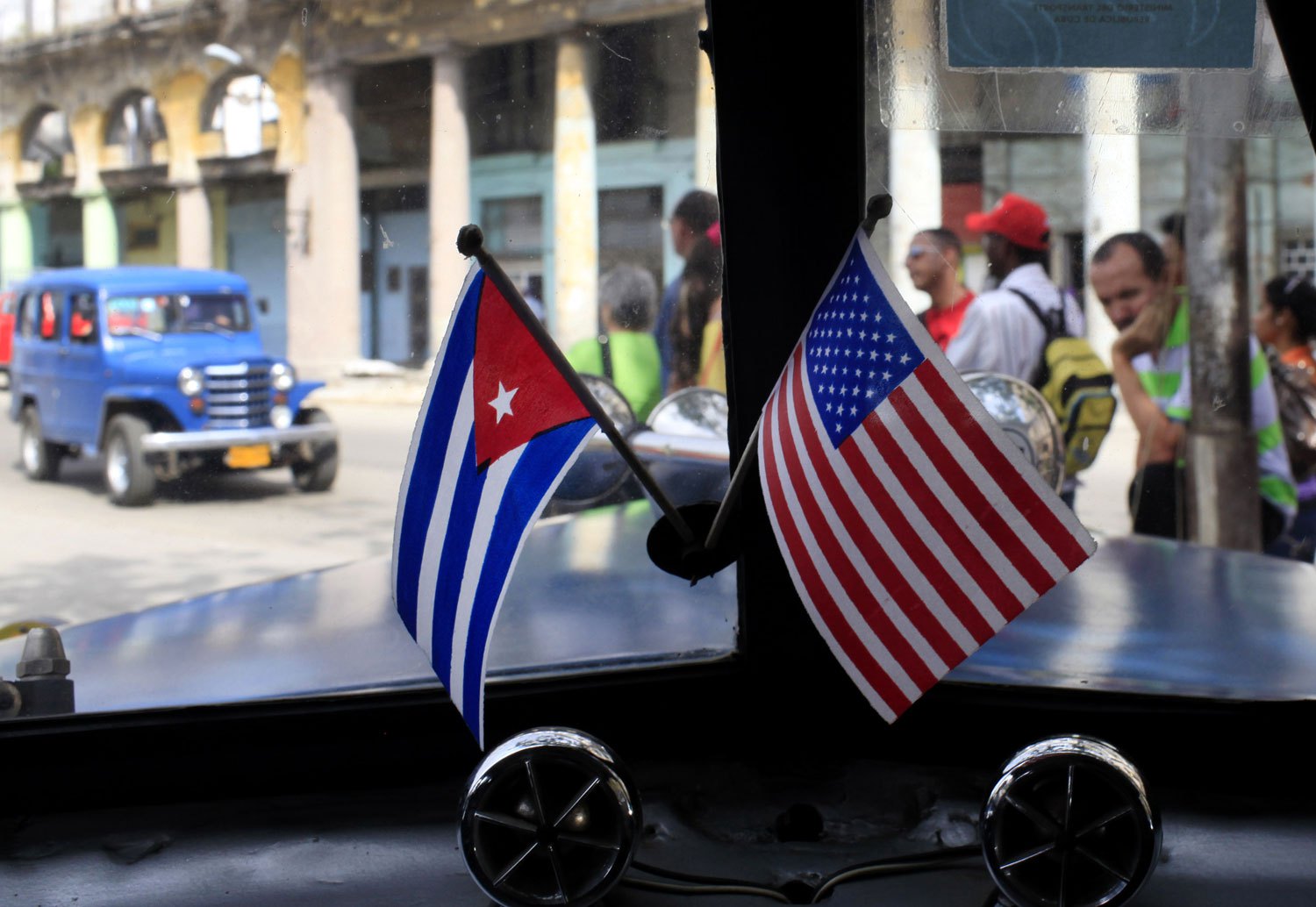D
ating from the Spanish-American War of 1898, the United States has been the primary actor in Latin America for decades. In the 20th century, the extent of US influence was evident in countless investments into the Latin American economy and covert CIA operations. The extent of these operations has only recently been discovered as a result of declassified documents. Some of these covert operations include repeated attempts and finally success in the 1954 overthrow of Guatemalan President Jacobo Arbenz Guzman, the 1964 Brazilian military coup on President João (“Jango”) Goulart, the 1971 overthrow of Bolivian President Juan José Torres and the 1973 assassination of Chilean President Salvador Allende, the first democratically elected socialist leader in Latin American history.

However, with the rise of new political powers in the 21st century, it seems that the US may finally be losing its influence in the region. In particular, China is increasingly becoming the new leading influence , opening up many questions as to how Chinese actions in the region’s varying difficulties will be different from those of the US.
Latin America: The Steady Rise to Improvement
When one hears of Latin America, what come to mind are the constant drug cartels, poverty and corruption that dominate most journalistic articles on the region. However, this perception lags behind recent developments. Some examples include the recent prosecution of the executives and politicians involved in the Brazilian Petrobras scandal, the Colombian government working with the FARC ( Fuerzas Armadas Revolucionarias de Colombia) rebels to remove land mines-an agreement that was struck March of this year, and Mexico’s recent commitment to anti-corruption reforms.

China’s Interests in Latin America
So where does China fit in? China made the commitment, at the beginning of 2015, to invest $250 billion in Latin America and the Caribbean for the next decade. This commitment came after Chinese President Xi Jinping held the first ministerial forum of China and the Community of Latin American and Caribbean States (CELAC) in January 2015. China’s hope is to increase the bilateral trade between China and the region to $500 billion in the next 10 years. As the China-CELAC Forum itself was only established in July 2014, the rapid pace of events is a clear sign of the importance Beijing places on this relationship.

China transparently hopes to gain and strengthen its leverage in the region. In return for Chinese investments and long-term credit lines, China wants a share of the natural resources Latin America has to offer, such as copper from Chile and Peru and crude oil from Venezuela. These agreements may in turn be used to help secure future cooperation.
Where Does This Leave the United States?
Since the increase of Chinese investment in the region, US investors have moved their cash home or elsewhere. The US remains the largest investor in the continent, but China has taken over as No. 1 trading partner to Brazil, Argentina, Peru and Venezuela. Even though the US recently made headlines with its opening of an embassy in Cuba to improve and restore its relations with Cuba, the US seems to have its hands full at the moment with terrorism and the Middle East. This leaves China to gain influence through economic policies aimed at creating and maintaining new ties to Latin America, not only economically, but possibly politically as well in the long term.




